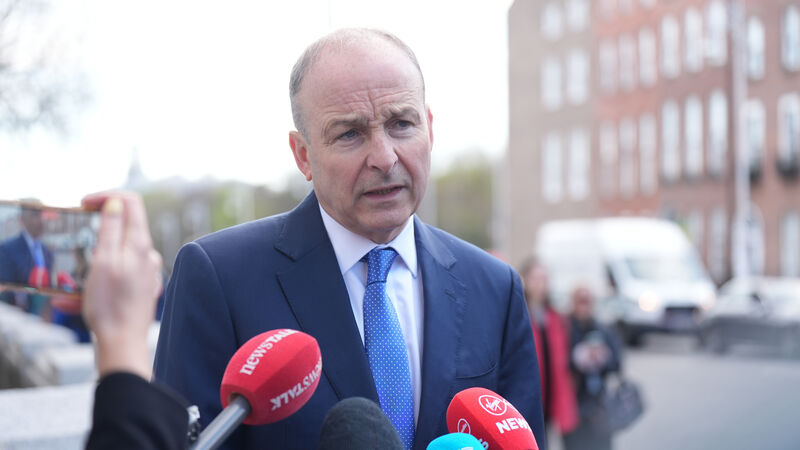Taoiseach questions €13m Grace inquiry findings and future of costly State commissions

Taoiseach Micheál Martin also said that €500m has been spent on inquiries since 1998. Picture: Niall Carson/PA
The Taoiseach has said there is now a need to "fundamentally reflect" on costly and lengthy commissions of investigation which come up with "deeply unsatisfactory" findings.
It comes as a whistleblower in the Grace case has warned others thinking of coming forward with concerns that "the State will try to crush you", in a strongly worded criticism of the final Farrelly Commission report.










